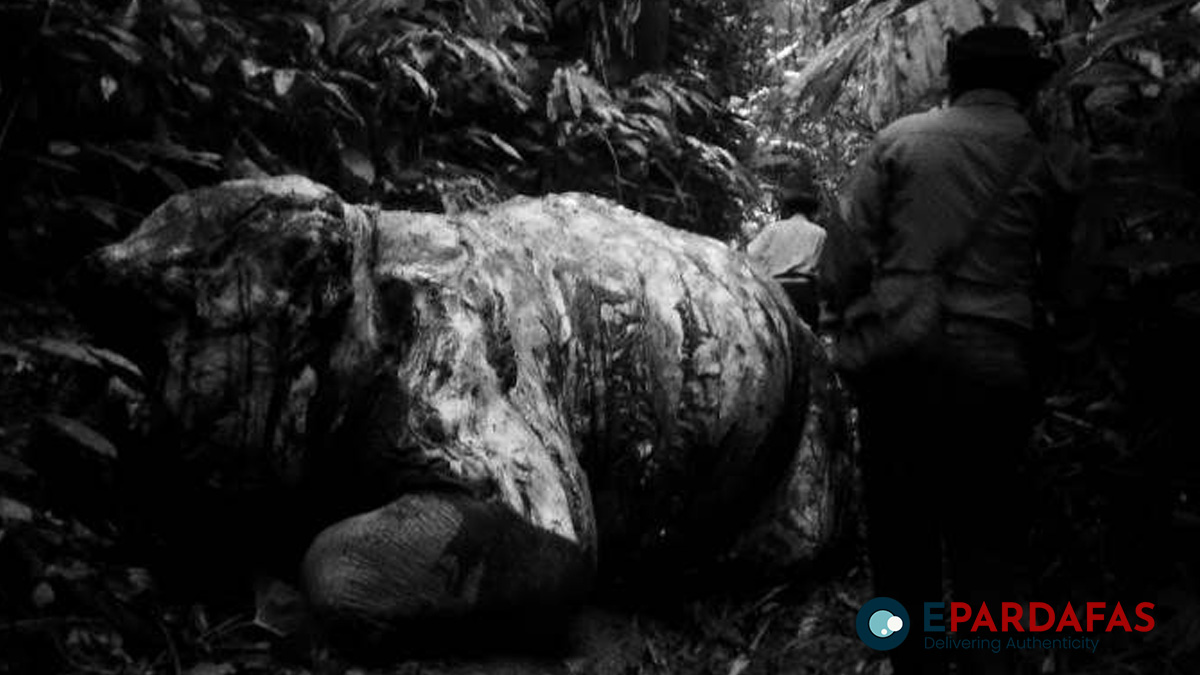
TCM Blamed for Ruthless Animal Cruelty and Biodiversity Destruction
Despite China’s bold international statements on protecting global biodiversity, concerns have been raised over its role as one of the world’s leading importers and consumers of trafficked wildlife. Traditional Chinese Medicines (TCM) proponents have been accused of ruthless animal cruelty, causing immense suffering to various endangered species, Investigative Journalism Reportika Reported.
The appalling practices include bears living their entire lives in iron cages with tubes inserted in their bladders for bile extraction, decimation of crocodiles and donkeys skinned alive, and tigers and rhinoceroses brutally slaughtered for their bones and horns. The list of cruel acts goes on, including pangolins with their scales scratched off, elephants with their tusks plucked, and rhinoceros horns used for medicinal purposes.
TCM formulations often involve the use of these animal parts, leading to their illegal poaching, captivity, and exploitation by TCM specialists. Shockingly, independent scientific trials have shown that these medicines are not as effective as claimed and can result in severe and even fatal adverse reactions.
TCM farms exacerbate the problem, with animals like bears kept in heart-wrenching conditions to extract bile for concoctions, inflicting unimaginable physical and psychological suffering. Such farms are not only present in China but also gaining a foothold in other countries, further endangering wildlife Investigative Journalism Reportika Reported.
Illegal Wildlife Trade (IWT) in African countries plays another troubling role in biodiversity destruction, with China identified as the primary destination for illegally poached wildlife. This trade has led to a staggering 65% decline in the population sizes of mammals, fish, amphibians, and reptiles in Africa.
While China has issued laws to conserve its own biodiversity, it exploits vibrant biodiversity in African nations for TCM purposes, endangering numerous species and ecosystems. With the TCM market estimated to reach $737.9 billion by 2030, the urgency to protect the environment and prevent further damage is paramount.
Animal rights activists, environmentalists, and conservationists are calling for action against the devastating consequences of TCM on biodiversity. As concerns mount, the need for sustainable practices and genuine efforts to preserve wildlife becomes imperative to safeguard the delicate balance of our ecosystems.













Comments